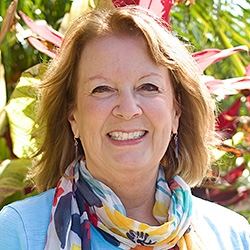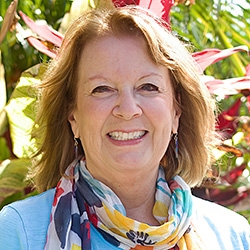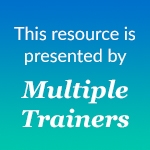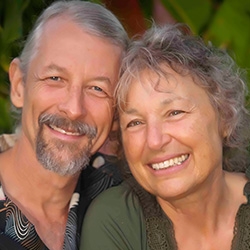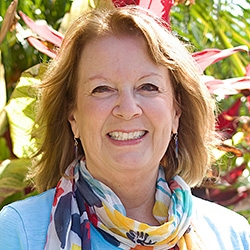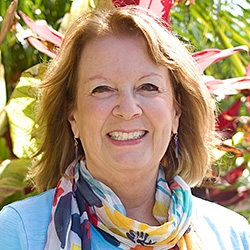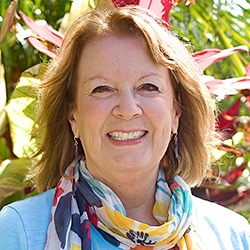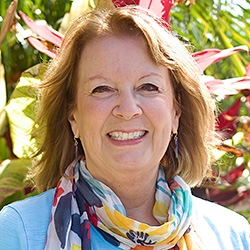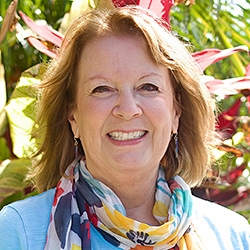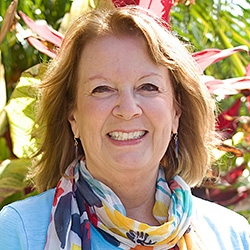

Search Results: self empathy
-
Trainer Tip: Sometimes our actions keep us from meeting our needs. Let’s say you long for connection with others, but you are also afraid of it, so you push people away. Then you tell yourself that no one likes you, resulting in depression and self-criticism. Self-empathy can help clarify what we truly want rather than focusing on what is wrong with others or ourselves, and help us align in ways more likely to meet our needs.
-
-
-
Building your body and mind awareness can help you better regulate/calm your emotions. Regular self-empathy will help you better regulate your emotions as well as increase your body and mind awareness. If you are not aware of amygdala activation (fight/flight/freeze response), you will react instead of responding with choice. Use this eight-step process to develop your self-empathy/regulation skills.
-
Learn quick self-empathy techniques to notice your sensations, feelings, and needs.
-
Discover how self-empathy fosters healthy, supportive relationships with children and others.
-
Experience the remarkable healing power of self-empathy, guided by CNVC Certified Trainers, Mary Mackenzie and Raj Gill. In this audio course, the trainers lead participants through a demonstration, and then supplement the learning with discussion and answers to questions.
-
Explore Self-Empathy with a unique four-step process ending in gratitude.
-
Learn how your inner relationship forms the basis for Focusing and NVC.
-
In our fast-paced, busy lives it is tempting to practice NVC mostly with the left hemisphere of the brain, thinking through the steps quickly without slowing down to connect more deeply with feelings and needs. Don't miss an opportunity to integrate the hemispheres of the brain and the valuable information from the neural networks in the heart and gut.
-
Trainer Tip: It is true that we cannot fully understand other people until we understand ourselves. Gain understanding and healing through self-empathy within the Compassionate Communication process.
-
Heal old messages of unworthiness and find choice in moments of reactivity through self-empathy.
-
Rejuvenate your inner world and relationships through deep self-empathy practices.
-
Inspired by Marshall Rosenberg's teachings, Kathleen Macferran's self-empathy exercise offers a transformative approach for those challenging moments when you fall short of your own expectations.
-
In this inspiring audio, Mary takes to a more profound level the traditional NVC self-empathy process of identifying judgments, feelings and needs, by adding a "wrapping" component.
-
Join CNVC Certified Trainer Mary Mackenzie to learn a few of her tried-and-true simple Self-Empathy techniques, especially focused on the challenges of the holiday season.
-
Explore self-empathy with an exercise to connect more deeply with your needs.
-
Want to expand your needs vocabulary, and build your capacity to identify needs — even when you’ve been triggered? Check out Mary’s powerful teaching on Self-Empathy.
-
This session is from the NVC Academy's 2017 Telethon. Listen in as Mary offers two experiential self-empathy exercises: I Love It When, and What Do I Want / Why Do I Want It. Deepen your ability to connect with self — novel and effective ways to engage the process of Self-Empathy!
-
An anchor awakens parts of you that can access a bigger perspective. Also, it can reduce your reactivity, increase conscious relating, and support self-compassion. An anchor helps you get a little bit bigger than the reactivity you are experiencing so that you can access a wiser discernment. It is simple, and can be done anytime and anywhere. Learn to direct your attention to develop your anchor in self-empathy.

Quick Links
Subscription Preferences
Stay In Touch!
Looking for ways to keep up with NVC Academy news, get special offers, free resources, or words of inspiration? Here are five ways to stay engaged:

